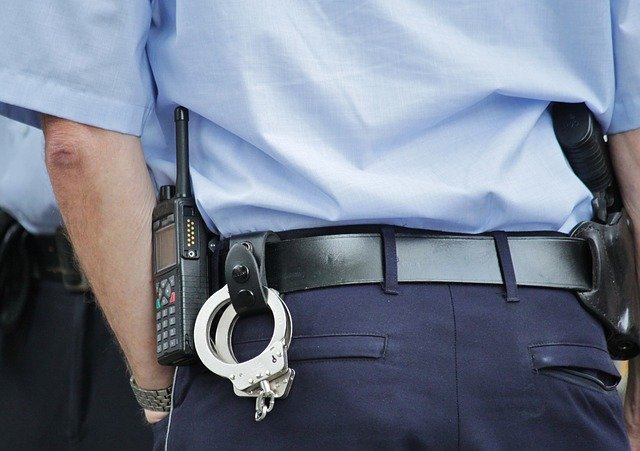What Defunding the Police Actually Means
There has recently been an outcry across our Nation to “Defund the Police.” This idea can be easily misunderstood by both those who are for and against it. Many have the misconceived notion that this means to do away with policing altogether. But this is not what this movement is striving to achieve. The overall idea of defunding the police is to create funding for other public safety initiatives that will make policing easier—ultimately preventing the infamous tactics of violent and fatal de-escalation.
We cannot deny that systemic racism plays a significant role is the senseless acts of violence committed by police officers. That being said, ignorance comes in many forms, and it tends to compound itself to lead to poor decision making. This phenomenon is easily observed when you look at those with mental health issues.
According to a report published by the Journal of the American Medical Association, roughly 50% of people with severe mental health issues are also affected by substance abuse. Now combine this with data from the FBI, that reports the highest number of arrests are for drug abuse violations. This means that roughly half the people arrested at the highest rate are, to some degree, mentally unstable. This statement is not intended to stigmatize this demographic by any means. It is merely an observation that illustrates how our Nation’s police forces are unqualified to handle the needs of those they are incarcerating.
To be qualified as a mental health counselor in any field, an individual must have, at the very least a master’s level degree, which is roughly six years of training and education. In comparison, an individual can complete the training necessary to become a police officer in around six months. Now different routes take longer, but we are merely examining the minimal requirement.
As you can see, there is a huge disparity in the amount of training between the two professions. But police regularly deal with individuals with mental health issues, and we somehow expect them to handle the situation appropriately. This observation is not said to justify the actions of police officers, but to shed light on the public safety system currently in place.
This lack of proper training ultimately leads to poor decision making and the compounding of ignorance mentioned earlier. An individual tends to become very reactive in moments of uncertainty, so when someone doesn’t understand what is happening, their ability to be analytical is compromised. Confusion can lead to catastrophe and tends to affect those who are already discriminated against, like the black community.
Defunding the police can potentially lead to the establishment of other public safety initiatives that put highly trained individuals on the street that have a better understanding of what is happening from a medical perspective. This method could lead to a nonviolent approach to the de-escalation of specific scenarios.
The police have historically been the face of public safety, but there are more and more examples of them being the antithesis of this. As a nation, it is time to reexamine our system of public safety. The ultimate goal of defunding the police is to better serve and protect the community, so it is strengthening the core values of what the police should stand for. When you look at it that way, the issue becomes more about semantics than the act itself. Let just say we are defunding an outdated model of public safety and reinvesting in a new system for the betterment of our society.
Feature Image by Anja?#helpinghands #solidarity#stays healthy? from Pixabay
Michael Leach has spent the majority of his career as a health care professional in the field of substance abuse and addiction recovery. He is a regular contributor to the healthcare website Addicted.org and a Certified Clinical Medical Assistant

